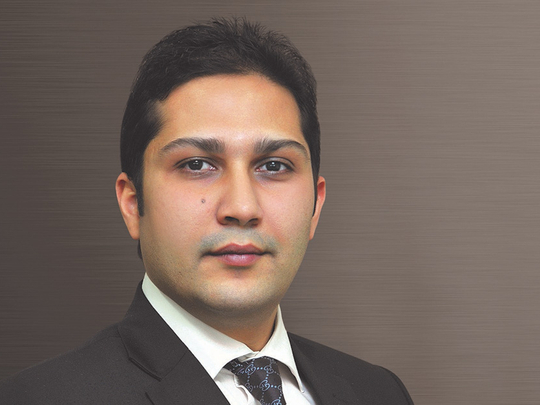
Dubai: An Emirati company is seeking to marry the disparate worlds of stoic corporate giants, and nimble, unorthodox start-ups.
Sharjah-based Crescent Group, the business conglomerate that owns Gulftainer, Dana Gas, and Crescent Petroleum, also operates in venture capital (VC), in the form of CE Ventures, a $150-million fund that it deploys globally to invest in start-ups.
The company first announced the fund last November, committing to spend half of that money on regional companies.
Now, Tushar Singhvi, who heads up the company’s investments division, explains the fund’s roadmap exclusively to Gulf News, and how he is trying to mend the culture clash between youthful, innovative start-ups, and rigid, traditional industrial companies.
“We’ve been investing behind the scenes for the last three to four years, but it was largely later stage companies,” Singhvi said in a telephone interview on Thursday afternoon.
Increasingly, he says, the company has been focused on investing in growth stage start-ups, referring to companies with products much earlier in their development process.
“This strategy was formalised in CE Ventures, which will invest $150 million over the next two to three years,” Singhvi added.
With a global mandate, the Crescent Enterprises subsidiary has two key pillars: Firstly, to invest in technology, or technology-enabled, businesses, and secondly to find synergies with the fund’s parent company.
“We look for overlaps with our operating businesses, the oil and gas company, the health-care business and so on,” he said.
“We want businesses that are disrupting traditional industries,” specifically those that Crescent Enterprises currently operates in.
Once CE Ventures has invested in a start-up, Singhvi said that he works closely with the firm to pilot its solutions in one of the bigger operating companies.
This provides benefits to both sides of the exchange: From the perspective of the start-up, they gain scale, and a useful testing ground for new concepts.
For the larger company, their well established processes profit from the injection of creative ideas and experimental thinking.
The start-up mentality can be incorporated in to the corporate world. Beyond the capital, there is a strategic value-add for the start-up too,” Singhvi said.
Introducing this new style of thinking to big businesses, he added, was “a challenging exercise.”
“The biggest challenge is cultural,” he said.
With technology shaking up virtually every sector at a “rapid pace,” companies would have “no option but to be innovative.”
Nonetheless, Singhvi still believes there is room for more disruption.
“Huge inefficiencies still exist in health care. There are some huge opportunities there,” he said.










